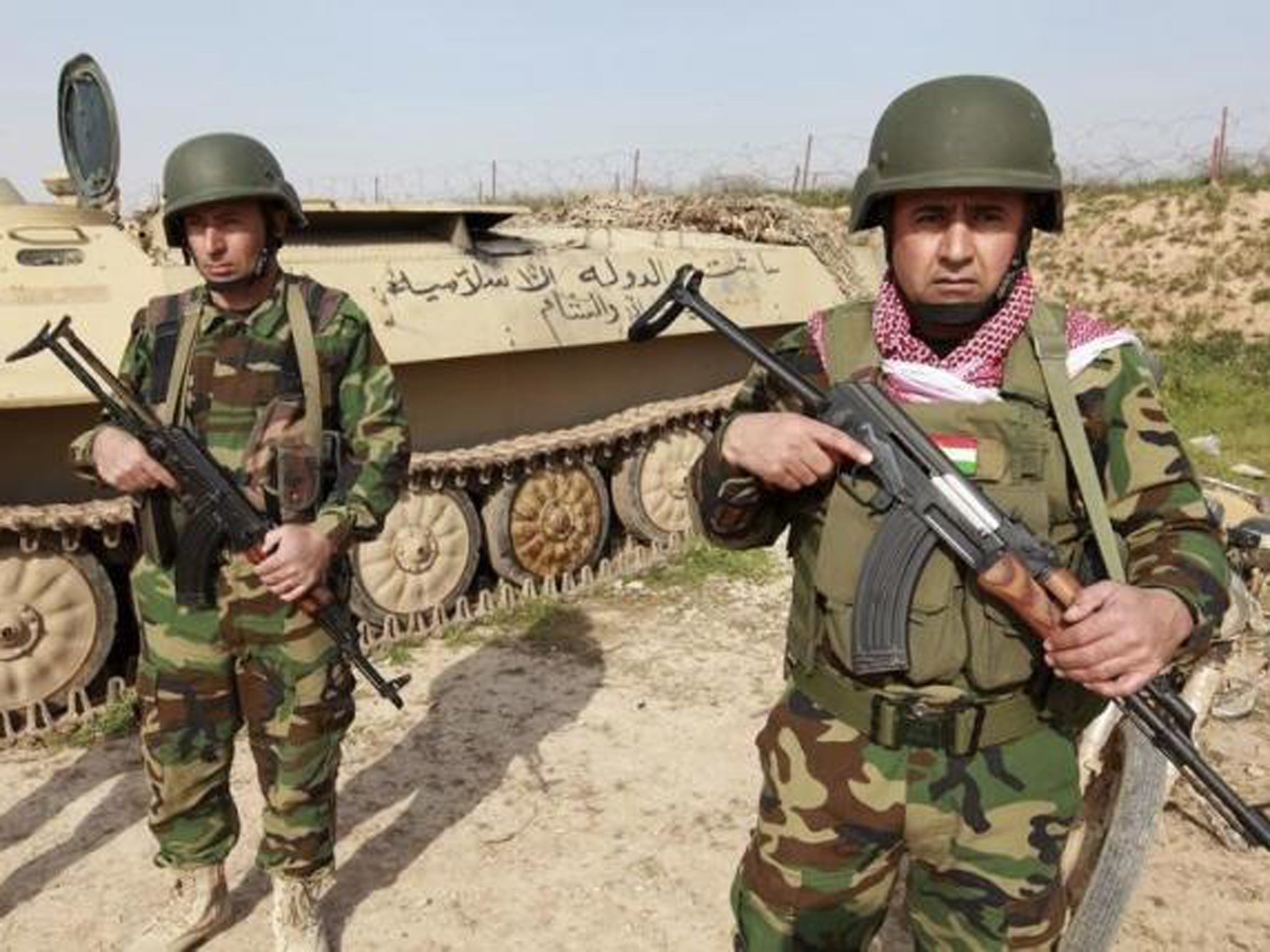Syrian Kurds 'razing villages seized from Isis' according to Amnesty International report
Human rights group say actions amount to 'war crimes'

Your support helps us to tell the story
From reproductive rights to climate change to Big Tech, The Independent is on the ground when the story is developing. Whether it's investigating the financials of Elon Musk's pro-Trump PAC or producing our latest documentary, 'The A Word', which shines a light on the American women fighting for reproductive rights, we know how important it is to parse out the facts from the messaging.
At such a critical moment in US history, we need reporters on the ground. Your donation allows us to keep sending journalists to speak to both sides of the story.
The Independent is trusted by Americans across the entire political spectrum. And unlike many other quality news outlets, we choose not to lock Americans out of our reporting and analysis with paywalls. We believe quality journalism should be available to everyone, paid for by those who can afford it.
Your support makes all the difference.Kurdish forces have demolished a number of villages in northern Syria and forcefully displaced thousands of civilians, a new report from human rights group Amnesty International claims.
The human rights group says this was often in retaliation for the residents' perceived sympathies for Isis and other militants, arguing the abuses amount to war crimes.
The YPG, Kurdish Popular Protection Units, have until now consistently denied accusations of forced displacements.
Researchers visited 14 towns and villages during July and August 2015, focusing their work in the al- Hasakeh and al-Raqqa governorates, areas under Kurdish control.
The rights group said at least two villages were entirely demolished. In at least eight other villages, the residents were forced to leave, sometimes threatened with being shot or targeted in US airstrikes. It said the victims were mainly Arab, but also included Turkmens and other Kurds.
The report quotes one witness in the village of Husseiniya, in Hassakeh province, as saying: "They pulled us out of our homes and began burning the home... they brought the bulldozers... They demolished home after home until the entire village was destroyed."
Satellite images published by Amnesty purport to illustrate the scale of the demolitions in Husseiniya. Of 225 buildings visible in June 2014, only 14 were still standing by June 2015.
Amnesty quoted Kurdish fighters as saying the displacement was carried out for security purposes.
A Kurdish official in northern Syria told The Associated Press that forces may have committed minor violations against people suspected of ties to the IS group, but that such actions were not based on ethnicity. The official was not authorised to brief media and so spoke on condition of anonymity.

The Kurds, Syria's largest ethnic minority, have carved out a semi-autonomous enclave in the north since the start of the civil war in 2011.
Kurdish fighters have been among the most successful ground forces battling the IS group. Backed by US-led airstrikes, they defeated the IS group in the Syrian border town of Kobani earlier this year and have since expanded their territory along the border with Turkey.
But Amnesty’s Lama Fakih said the Kurds' treatment of civilians amounted to collective punishment.
“By deliberately demolishing civilian homes, in some cases razing and burning entire villages, displacing their inhabitants with no justifiable military grounds, the Autonomous Administration is abusing its authority and brazenly flouting international humanitarian law, in attacks that amount to war crimes,” said Ms Fakih, a senior crisis advisor at Amnesty International.
“In its fight against [Isis], the (Kurdish) Administration appears to be trampling all over the rights of civilians who are caught in the middle. We saw extensive displacement and destruction that did not occur as a result of fighting. This report uncovers clear evidence of a deliberate, co-ordinated campaign of collective punishment of civilians in villages previously captured by [Isis], or where a small minority were suspected of supporting the group.”
The London-based group called on Kurdish officials to end such abuses, compensate the families for their losses and hold those responsible accountable.
Join our commenting forum
Join thought-provoking conversations, follow other Independent readers and see their replies
Comments